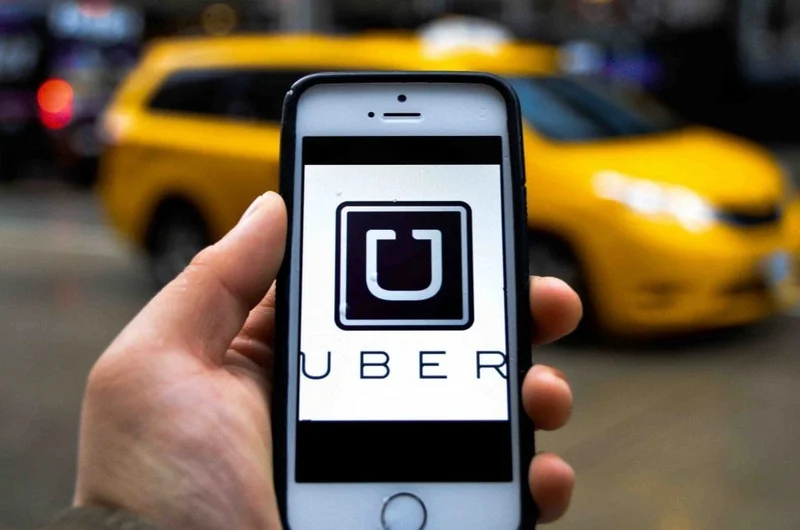Real-Time BNB Signal Analytics
Real-Time BNB Signal Analytics
Uber's Q3 earnings are on the horizon, and the financial analysts are buzzing. The core question, as always: Is Uber stock (UBER) a buy right now? The consensus seems to be leaning toward "yes," but let's dissect the numbers and separate the signal from the noise.
Wall Street anticipates earnings of 67 cents per share, a considerable 44.2% dip from last year. Revenue, however, is projected to climb to $8.55 billion, marking a 27.2% year-over-year increase. This discrepancy—lower earnings despite higher revenue—immediately raises a red flag. Are they spending more to earn each dollar, or is there something else at play?
Uber's Q2 2025 figures paint a picture of growth: trips and gross bookings both up 18% year-over-year. They’re boasting a $1.5 billion income from operations and an adjusted EBITDA of $2.1 billion (up 35% from the previous year). Operating cash flow hit $2.6 billion, with free cash flow at $2.5 billion. Impressive, sure, but the devil's always in the details.
The company projects continued growth in Q3 2025, with gross bookings between $48.25 billion and $49.75 billion (a 17% to 21% year-over-year increase). But buried in the reports are mentions of "tariff-related headwinds" and "profitability issues in the U.K." Higher administration costs and increased overall spending are weighing them down. It's classic growth-company growing pains, but pains nonetheless.

UBS recently bumped its price target on Uber to $124 (from $117), maintaining a Buy rating. They cite resilient food delivery demand as a key driver. But they also flag increased competition from Deliveroo and Amazon (AMZN), which is expanding its same-day grocery delivery service. This highlights a critical vulnerability: Uber's reliance on delivery services in a market that's becoming increasingly saturated.
Guggenheim is even more bullish, initiating coverage of UBER with a Buy rating and a $140 price target. They emphasize Uber's "industry-leading" network, tech, and brand equity. Guggenheim also believes Uber's re-accelerating delivery business is being overlooked by investors and is poised for sustainable double-digit growth. I'm not sure I agree; the market seems to be pricing this in already.
Then there's the driverless car angle. Uber and Nvidia (NVDA) are partnering on driverless technology. I suspect that driverless technology will require increasing computing requirements, a category Nvidia is poised to capture. While Elon Musk and Tesla (TSLA) get most of the press, Uber's move into autonomous vehicles is a long-term play that could significantly reshape its business model. The question is, how long will it really take for truly autonomous vehicles to become a reality, and what will the regulatory landscape look like? Details on the specific terms of the partnership remain scarce, but the strategic implications are clear. Huge News for Uber Stock and Nvidia Stock Investors as Companies Partner on Driverless Technology
Analysts, as aggregated by TipRanks, give UBER a Strong Buy consensus based on 27 Buy and 4 Hold ratings. The highest price target is $150, and the consensus price target is $110.61, implying a 14.62% upside. But remember, analyst ratings are just opinions, and they often lag behind the actual market movements.
Uber's Q3 earnings report will be a crucial indicator of its long-term trajectory. The company is clearly growing, but profitability remains a concern. The increasing competition in the delivery market and the uncertain timeline for autonomous vehicles add further complexity. While the analyst consensus is bullish, a dose of skepticism is warranted. I've looked at hundreds of these filings, and this particular combination of growth and cost pressures is a familiar pattern. The key will be whether Uber can effectively manage its expenses while continuing to innovate and expand its market share.